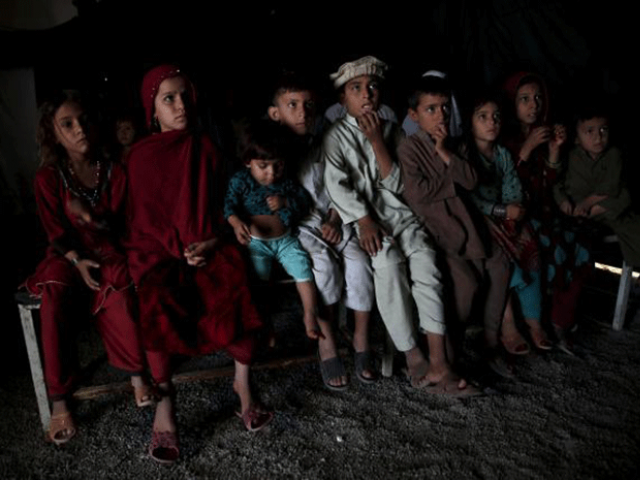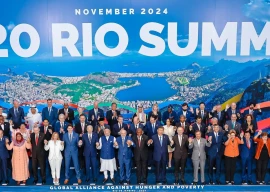
"I am aware of the bad situation of Afghans in Greece, the Balkans or those seeking refuge in Australia or other countries," Ghani told Tolo News television.
Read: Repatriation plan: ‘UN agency helped over 53,000 Afghans’
After Syrians, Afghans make up the second biggest national contingent of the huge migrant influx sweeping through Europe, with more than 50,000 making the trip since the start of the year, according to the UN's refugee agency.
The bloody ongoing conflict stemming from the ousting of the Taliban regime in 2001, corruption and the lack of economic prospects are the main factors driving Afghans to leave home.
Ghani insisted there were reasons for "hope here", pointing to agricultural projects and other initiatives to boost the economy, including the construction of the ambitious 1,800-kilometre-long (1,110 miles) TAPI gas pipeline that will eventually connect Turkmenistan to India, Pakistan and Afghanistan.
Read: Coming home to war: Afghan refugees return reluctantly from Pakistan
"This will all help create jobs," Ghani said.
After a decade of growth grazing the double digits, the Afghan economy has been contracting since 2013, hampered by concerns over the election that ultimately brought Ghani to power, and the withdrawal of the bulk of NATO forces at the end of 2014.

1732441915-0/BeFunky-collage-(12)1732441915-0-165x106.webp)

1732438802-0/BeFunky-collage-(11)1732438802-0-165x106.webp)


1732428810-0/Copy-of-Untitled-(3)1732428810-0-270x192.webp)
1732425487-0/BeFunk_§_]__-(42)1732425487-0.jpg)









COMMENTS
Comments are moderated and generally will be posted if they are on-topic and not abusive.
For more information, please see our Comments FAQ